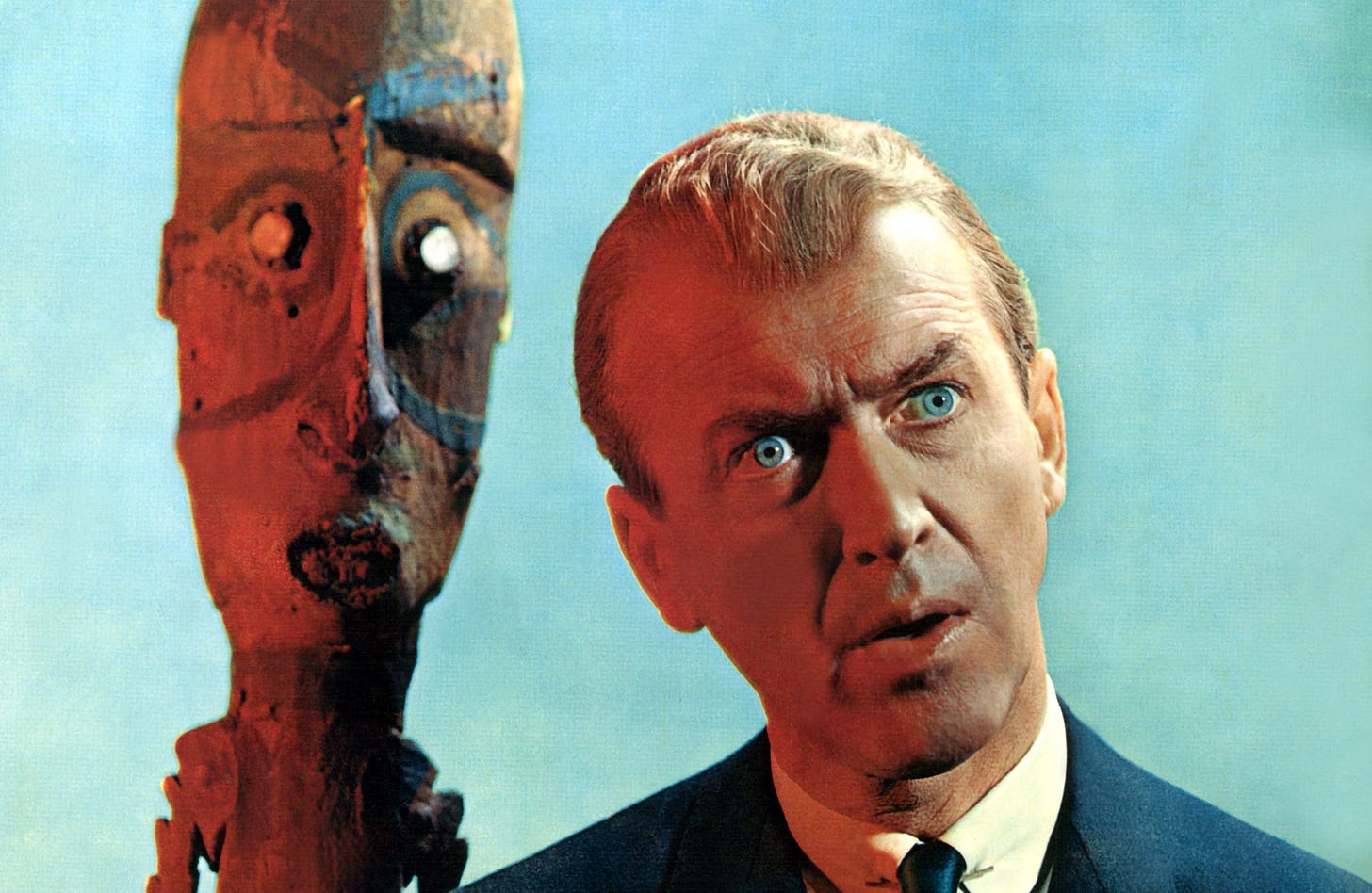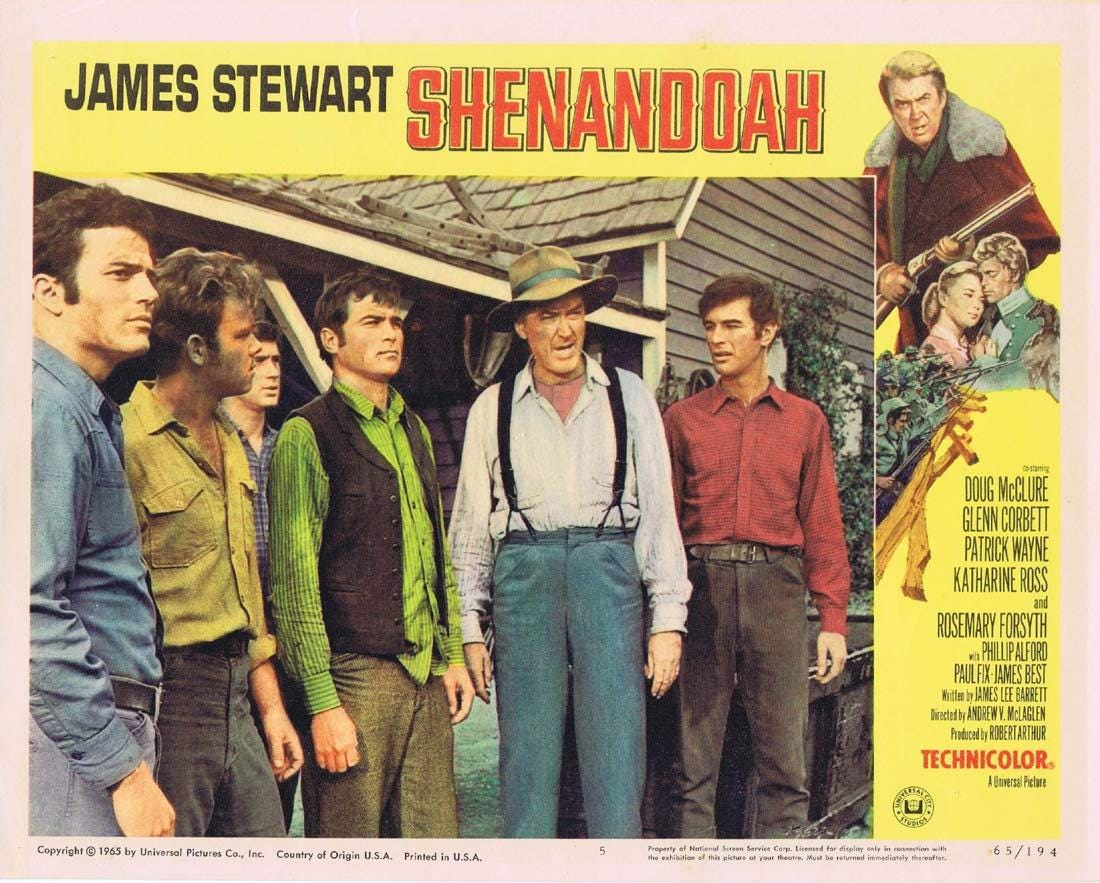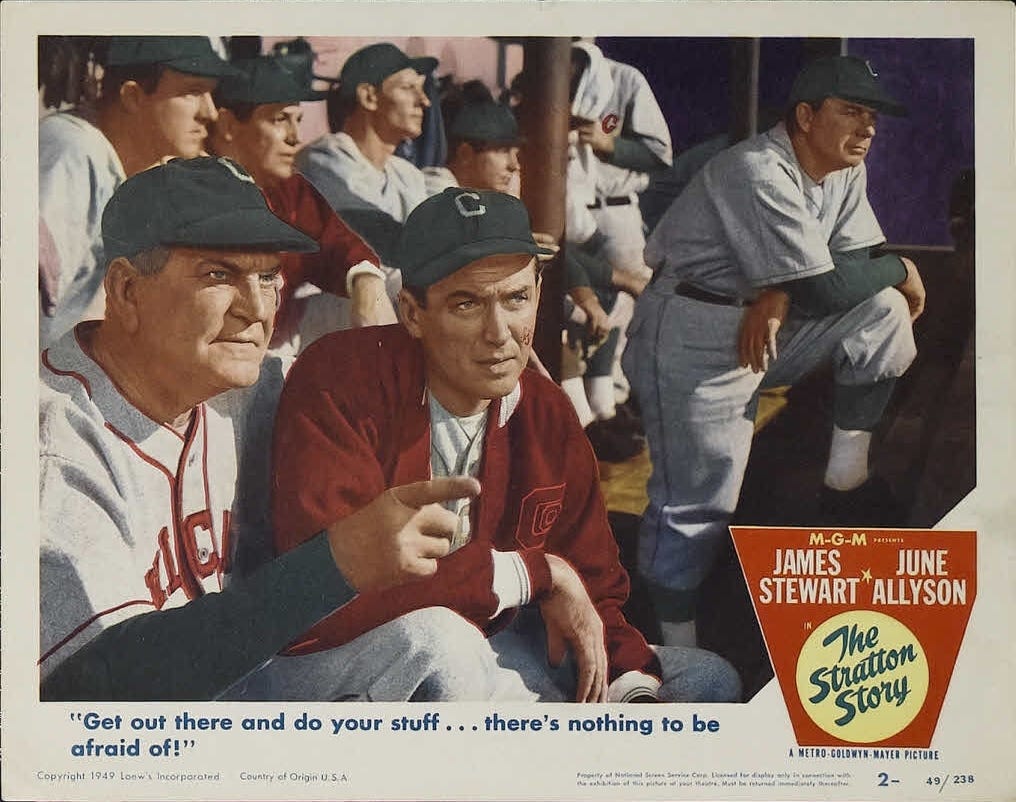The B-Sides is a series from Feature Presentation highlighting the underseen, underrated, and underappreciated gems of a filmography, genre, or theme.
James Stewart was the kind of guy who could do it all: Capra's idealism, Hitchcock's thrills, Ford's westerns, Mann's westerns, romantic comedies, Broadway plays, fly planes in World War II, write beautiful poems about his late dog, you name it - he could do it.
With a career that broad and that extensive, some movies are bound to slip through the cracks. Here are three Jimmy movies that you probably don't know:
The FBI Story (1959)
A dedicated FBI agent recalls the agency’s battles against the Klan, organized crime and Communist spies.
Let's be honest, this is essentially propaganda. J. Edgar Hoover, longtime Director of the FBI, had a lot of influence over the final picture.
It's difficult to find something that portrays the Feds in a positive light that also doesn't lean into rah-rah America. So if you've got to do the jingoism, you might as well do it with Jimmy Stewart. This man is the symbol of mid-20th century American idealism in film between pictures like It's a Wonderful Life and Mr. Smith Goes to Washington. His character finds himself a rookie in the FBI in 1924 as a new Hoover-esque Director takes over (Hoover took over in 1924), giving Stewart optimism for the future of law enforcement. He stays with the Bureau for the next few decades.
But as Stewart runs around the country (and eventually the world) doing his work, his wife is left to pickup the pieces of their family, as they've been yanked all around so that he can do right by his country. She often asks, "What about us?"
I'm sure that when this movie was made in 1959 her character was intended as a can't-live-with-'em, can't-live-without-'em woman who nags and nags as her husband fights for truth, justice and the American way - but now, sixty years later, her character exists as the one piece of commentary in the film. Who do you let down when you dedicate yourself to others? Is it possible to be both a great civil servant and a fair family man?
It's also American History 101 as they deal with the KKK, gangsters, the Osage murders, WWII, and the Red Scare. It's all viewed through the "approved by Director Hoover” lens, but the perspective of Vera Miles' character is always there to remind you that this was more than the men who wrote the history.
Shenandoah (1965)
Charlie Anderson, a farmer in Shenandoah, Virginia, finds himself and his family in the middle of the Civil War he wants nothing to do with. When his youngest boy is taken prisoner by the North, the Civil War is forced upon him.
In these divisive times, (it seems like we should be able to say something like "at our country's most divided," but we did have a civil war) a movie like Shenandoah, a story of a man (Stewart) who refuses to take sides in the Civil War, could play for some as too evenhanded. After all, there's little to no nuance in our present-day political landscape and a story about a Virginian farmer who both refuses to stand up against encroaching Confederates (even though he does completely oppose slavery) and actively bemoans the Union for giving the Southern secession the time of day, isn't exactly the story any political revolutionary seems to be looking for.
I would argue, however, it's the exact thing that should be used as a history lesson for anyone, blue or red, who refuses to listen to the other side's thoughts and opinions, instead opting for blind disagreement, (in the present day, we have to ask ourselves how and why centrism exists). It's an anti-war movie about a rugged individualist who, quite simply, wants to be left alone. He wants to keep his family safe and keep his land his - everybody else's business is their business. "We pulled every stump, and we cleared every field, and we done it ourselves without the sweat of one slave," he shouts at a solider on the who-cares-what side. He asks, "Can you give me one good reason why I should send my family, that took me a lifetime to raise, down that road like a bunch of damn fools to do somebody else's fighting?"
But when the war comes knocking on his doorstep, he's forced to act. He has to do what's right for him and his family (which withers as the film goes on), but at the end of the day, he's not anti-North or anti-South, he's anti-war - and that's going to be a hell of a lot more complicated than it should be.
The Stratton Story (1949)
Star major league pitcher Monty Stratton loses a leg in a hunting accident, but becomes determined to leave the game on his own terms.
In this biopic, Jimmy plays Monty Stratton, a real-life baseball player who, after a few successful seasons with the White Sox, lost his leg in a hunting accident.
You would think that most of the movie would be dedicated to his recovery after the accident, his return to baseball, and how his whole life changed. You would also be wrong. 60 of the film's 100 minutes are just a straight-up (Hollywoodized) biography: farm boy, baseball scouting, signing with Chicago, and his time in the minor leagues. The accident (an awfully scary scene) happens around the hour mark and his recovery is slapped together in some more Hollywoodized scenes.
It shouldn't really work, but it has Jimmy Stewart, so it does. He's a convincing baseball player! That's how ballplayers looked at the time. Guys with that build now would be lucky to be on the grounds crew, but he looked the part then. He's paired with June Allyson and although the studio's claim of their pairing in this story being "the romance of the year" makes absolutely no sense, they do work well together. Frank Morgan, of titular Wizard of Oz fame, plays the scout who tracks him down and it's always nice to see him around as well.
Credit: Each plot synopsis comes from Letterboxd via TMDb.







